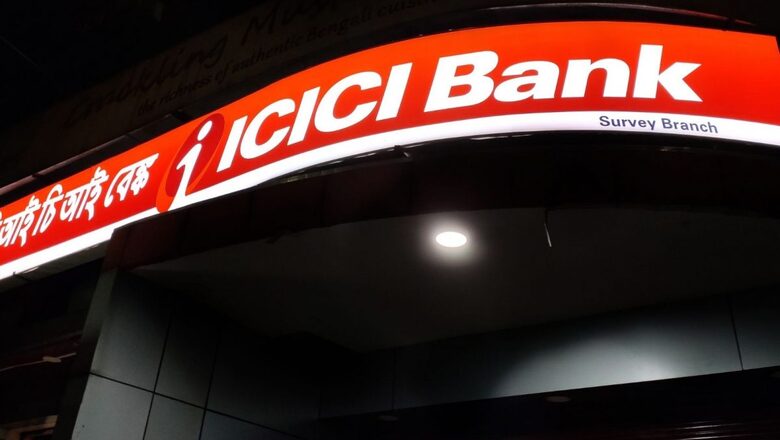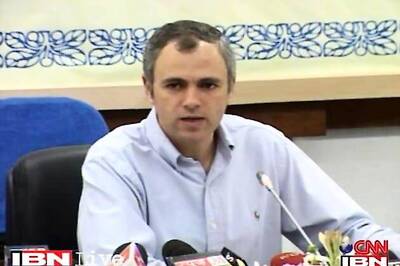
views
ICICI Bank on Thursday increased the external benchmark lending rate by 50 bps to 8.60 per cent. The move came after the Reserve Bank of India (RBI) had hiked the repo rate by 50 basis points to tame rising inflation in the country. After decade-low interest rates in the interest rates for the last two years, borrowers will now have to brace for more interest hikes on their retail loans.
“ICICI Bank External Benchmark Lending Rate” (I-EBLR) is referenced to RBI Policy Repo Rate with a mark-up over Repo Rate. I-EBLR is 8.60 per cent p.a.p.m. effective June 8, 2022,” the private lender said on June 9.
Why Banks are Increasing Lending Rates
Earlier in May, the central bank has raised the repo rate by 50 basis points. Two consecutive hike in repo rate by the central bank will increase the cost of funds for the banks. Repo rate in the interest rate at which the Reserve Bank of India lends overnight money to the commercial banks against government securities. So, a rise in repo rate has a direct impact on the retail loans such as home loans and auto loans which are linked to the external benchmark of the banks.
“The RBI has cumulatively raised the repo rate by a hefty 90 bps over a two-month period. With back-to-back rate hikes, increase in deposit rates, and reduction in the system liquidity surplus; cost of funds for most financial institutions will gradually rise. This will force lenders, both banks and NBFCs/HFCs to pass on this rise—partially or entirely—to consumers,” said Ravi Subramanian, managing director and chief executive officer of Shriram Housing Finance.
“Loans linked to external benchmarks like Repo would see the transmission faster than those linked marginal cost of funds based landing rate (MCLR) and company benchmarks,” he added.
Apart from ICICI Bank, Bank of Baroda, Punjab National Bank and Bank of India also raised their external benchmark lending rates.
Home Loan, Auto Loan Interest Rates to Go Up Further?
The Reserve Bank of India Monetary Policy Committee (MPC) unanimously decided to increase repo rate by 50 bps to 4.90 per cent while also remaining focused on ‘withdrawal of accommodation’ on June 8. The aim was to tackle soaring inflation while supporting growth. With two back-to-back interest rate hike, the repo rate now stood at 4.9 per cent.
Experts believe that the central bank will increase the interest rates going forward. “We are now expecting that RBI could factor in a rate hike in August and even October policy also, and take it higher than pre-pandemic level by August to 5.25 per cent and in October to 5.5 per cent. Our peak rate at the end of the cycle now has now a lower bound of 5.5 per cent and could go up to 5.75 per cent depending on inflation trajectory,” said Soumya Kanti Ghosh, group chief economic adviser, State Bank of India.
If the repo rate increase, the lenders will pass it on to the consumers. So borrowers can expect that interest rates for housing and auto loans will increase further in this financial year.
Read all the Latest Business News here



















Comments
0 comment